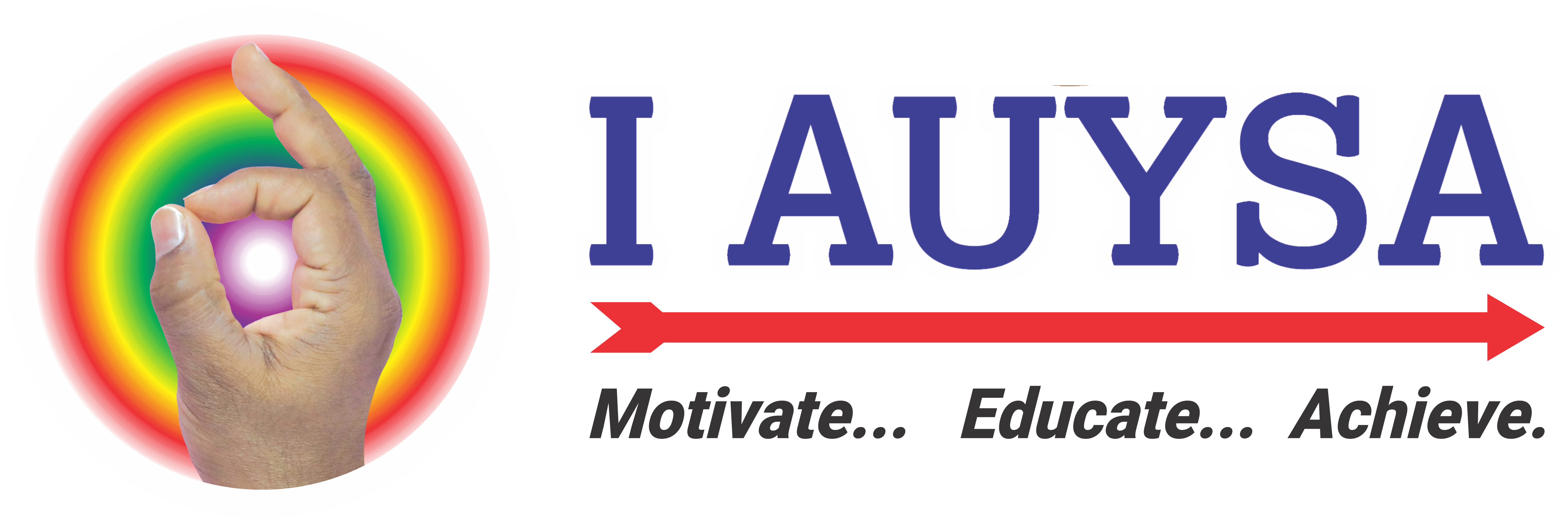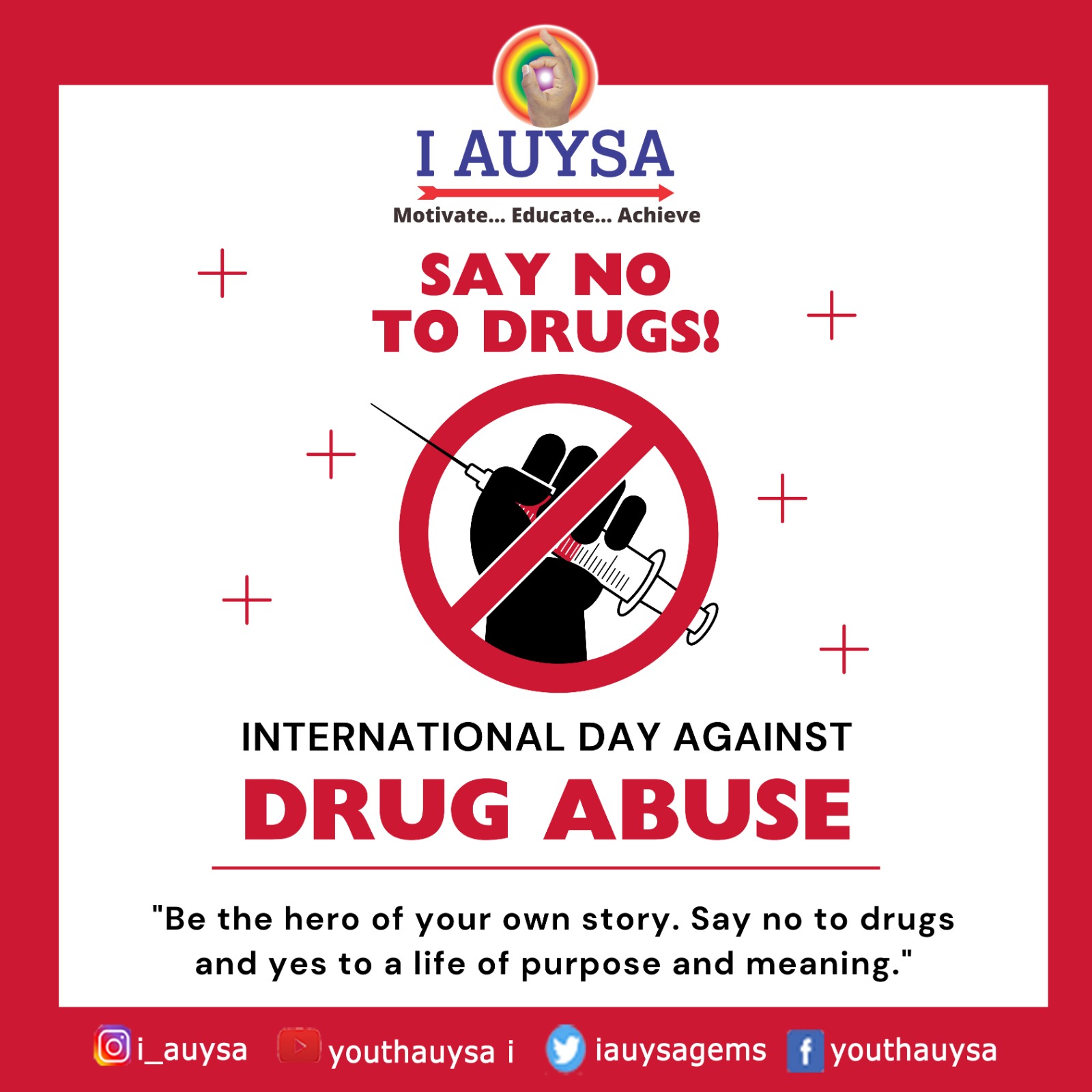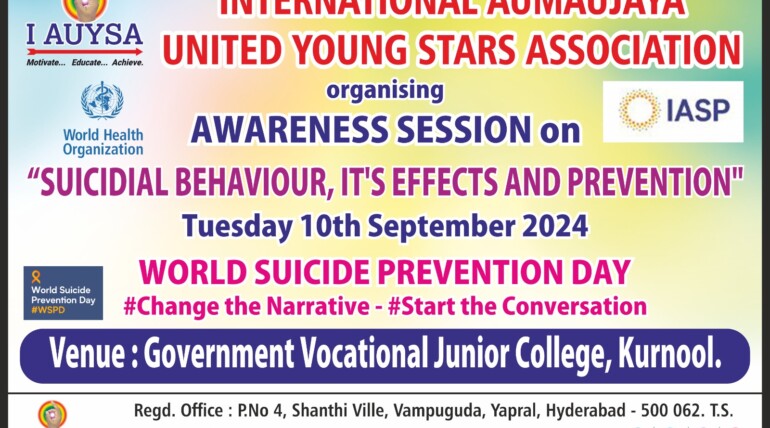Stages of Drug Addiction
Drug addiction is a complex and multifaceted issue that unfolds in several stages. Understanding these stages is crucial for identifying, preventing, and treating addiction.
Experimentation: This initial stage often begins with curiosity or peer pressure. Individuals may try drugs recreationally without any immediate negative consequences. The experience of trying a drug for the first time can vary widely, from euphoria to discomfort.
Regular Use: At this stage, drug use becomes more frequent. It may still be controlled, with users maintaining their daily responsibilities. However, the risk of developing an addiction increases as usage becomes a more regular part of life.
Risky Use: Drug use starts to interfere with everyday activities and responsibilities. Users may begin to take risks to obtain drugs or while under the influence. This stage is characterized by a noticeable impact on the individual’s social, professional, and personal life.
Dependence: Physical and psychological dependence develops. The body adapts to the drug, leading to tolerance (needing more of the drug to achieve the same effect) and withdrawal symptoms if the drug is not taken. Dependence marks a significant shift in the user’s relationship with the drug.
Addiction: This is the most severe stage, characterized by compulsive drug seeking and use despite harmful consequences. Addiction alters brain function and behavior, making it difficult for the individual to quit without professional help.
Say No to Drugs
Saying no to drugs is a powerful and necessary stance in combating the epidemic of substance abuse. Here are some strategies to help individuals resist the temptation and pressure to use drugs:
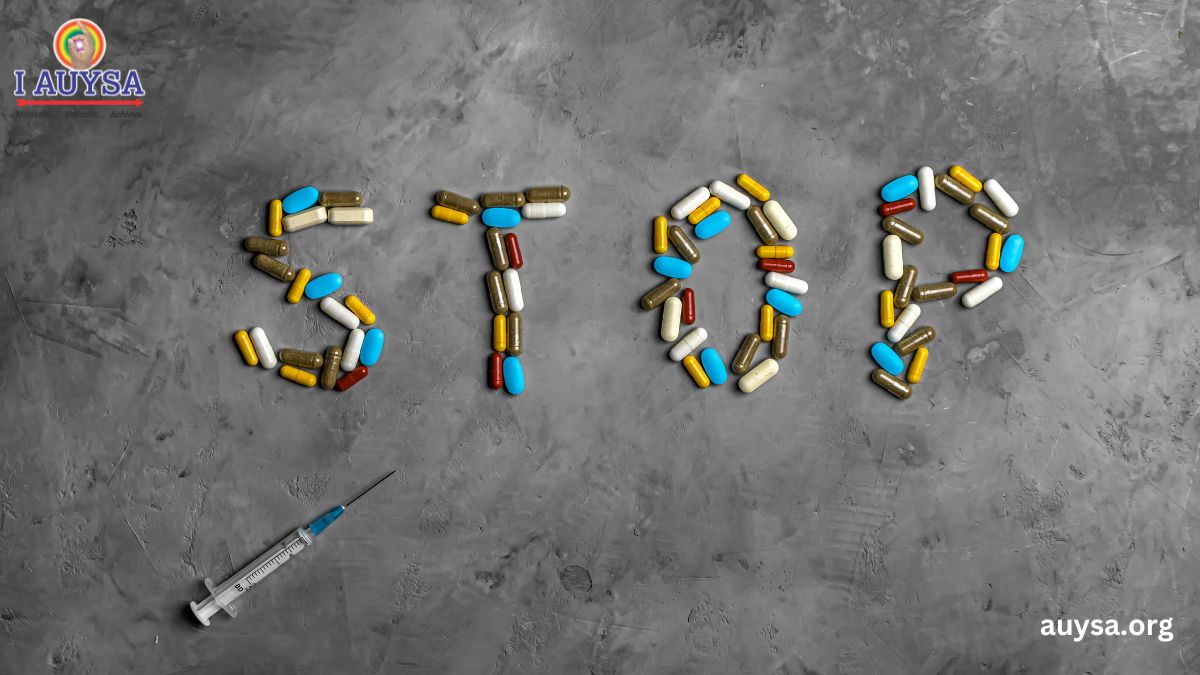
Education: Understanding the dangers and consequences of drug use is fundamental. Comprehensive education programs that inform about the risks, both short-term and long-term, can empower individuals to make informed decisions.
Peer Support: Surrounding oneself with friends and peers who also reject drug use can create a supportive environment. Peer pressure can work both ways; positive peer pressure can encourage healthy, drug-free living.
Healthy Activities: Engaging in sports, hobbies, and other fulfilling activities can provide a natural high and a sense of accomplishment. These activities can also reduce the boredom or stress that might lead to drug use.
Assertiveness Training: Learning to confidently say no and stand by that decision is crucial. Assertiveness training can help individuals develop the skills to refuse drugs and handle peer pressure effectively.
Seeking Help: If someone feels tempted to use drugs or is struggling with substance use, seeking help from a trusted adult, counselor, or healthcare professional is essential. Early intervention can prevent the progression to addiction.
How to Overcome Drugs
Overcoming drug addiction is a challenging journey that requires commitment, support, and a multifaceted approach. Here are some steps to help individuals overcome drug addiction:
Acknowledgment: The first step is recognizing and admitting the problem. Denial is a common barrier to seeking help, so accepting the need for change is crucial.
Professional Help: Consulting with healthcare professionals, such as doctors, psychologists, and addiction specialists, is vital. They can provide a proper diagnosis and create a tailored treatment plan.
Detoxification: Under medical supervision, detoxification helps manage withdrawal symptoms and cleanse the body of the addictive substance. This is often the first step in the treatment process.
Rehabilitation Programs: Inpatient or outpatient rehab programs offer structured environments where individuals can focus on recovery. These programs provide therapy, education, and support to address the root causes of addiction.
Therapy and Counseling: Behavioral therapies, such as cognitive-behavioral therapy (CBT), can help individuals understand their addiction, develop coping strategies, and change harmful behaviors. Group therapy and support groups also provide a sense of community and shared experience.
Medication: In some cases, medication-assisted treatment (MAT) can be beneficial. Medications can help manage withdrawal symptoms, reduce cravings, and treat co-occurring mental health conditions.
Lifestyle Changes: Adopting a healthy lifestyle, including regular exercise, balanced nutrition, and adequate sleep, can support recovery. Building a new routine that excludes old triggers and environments associated with drug use is essential.
Ongoing Support: Recovery is an ongoing process that requires continuous effort. Staying connected with support groups, attending therapy sessions, and maintaining a strong support network are crucial for long-term success.
Drug addiction is a serious issue that affects individuals and society as a whole. By understanding the stages of addiction, promoting a drug-free lifestyle, and offering effective support and treatment options, we can help individuals overcome addiction and lead healthier, more fulfilling lives
